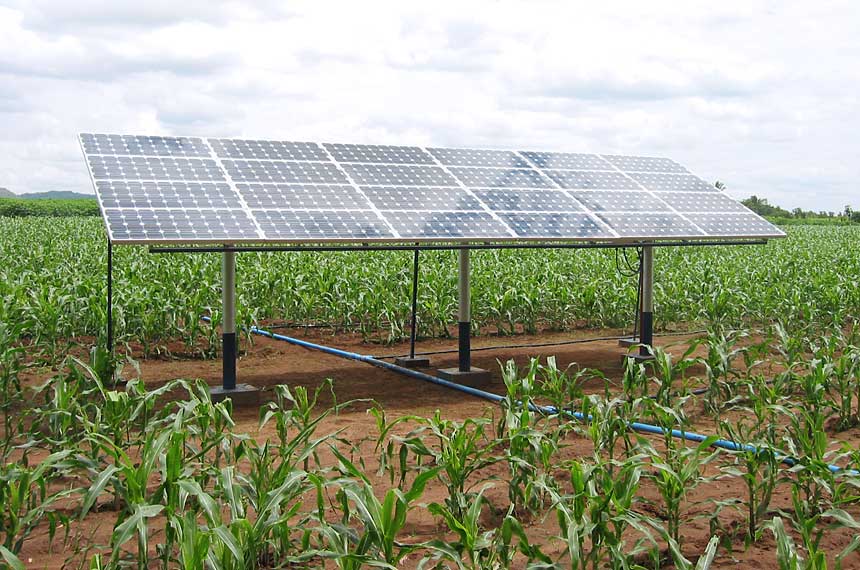
There is global consensus that climate change is a serious treat for the planet. Countries like Mozambique are highly exposed to the effects of climate change. Worldwide it is also accepted that there is need to speed up economy decabornization and move away from fossil fuels.
The Mozambican Government is commended for bold commitments towards the achievement of sustainable development goal 7: ("Ensure access to affordable, reliable, sustainable and modern energy for all ) in particular for the successful implementation of the “Energia para Todos” program with over 100 000 new connections since beginning 2021, commitment to support increased capacity generation from renewable energy through competitive initiatives such as PROLER/ GET.Fit ; and the operationalization of the Energy Regulatory Authority (ARENE).
According to the multi-stakeholder energy working group report, there has been increased rates of access to energy from 31% in 2020 to 34% in 2021 and this is attributed to numerous efforts under the “Energia para todos” programme with support from various development partners in the energy sector. The development of several key generation projects including the Central Termica Temane which will be crucial for meeting the increased demand for electricity in the southern parts of the country, and new solar power plants in northern Mozambique, including Tetereane and Metoro has largely contributed to this growth.
The adoption of renewable energy technologies is part and parcel of Mozambique’s intended Nationally Determined contributions (NDCs) under the Paris Agreement. Policy actions geared toward the achievement of the long term Paris agreement goals include; the New and Renewable Energy Development Strategy (2011 to 2025); Conservation and Sustainable Use of the Energy from Biomass Energy Strategy (2014 to 2025); Renewable Energy Feed-in Tariff Regulation (REFIT); and the Renewable Energy Atlas for Mozambique. Based on the mentioned policy actions, the country estimates on a preliminary basis, the total reduction of about 76,5 MtCO2eq in the period from 2020 to 2030, with 23,0 MtCO2eq by 2024 and 53,4 MtCO2eq from 2025 to 2030.
Optimistically the effective implementation of the fore-stated action points will limit the GHG emissions and at the same time contribute to the betterment of the wellbeing of Mozambicans through the increase of the access to renewable energy sources and to basic services like sanitation, health, and education. Besides, Mozambique is willing to participate in the market mechanisms to be established which would allow access to clean technologies in order to mitigate the emissions arising from exploiting, managing and using the natural capital that is available
The Government’s commitment to increase up to 20% by 2040 contribution of new renewable energy sources to the energy matrix notwithstanding, strategic decisions about main sources of energy will be required in view of the changes the global economy is experiencing. Moreover, as the country advances in development and industrialization, Mozambique needs to move strategically and fast towards the achievement of its Nationally Determined Contributions (NDCs) as per the Paris Agreement on Climate change.

